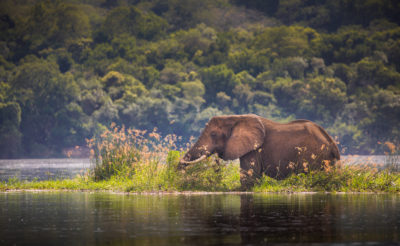
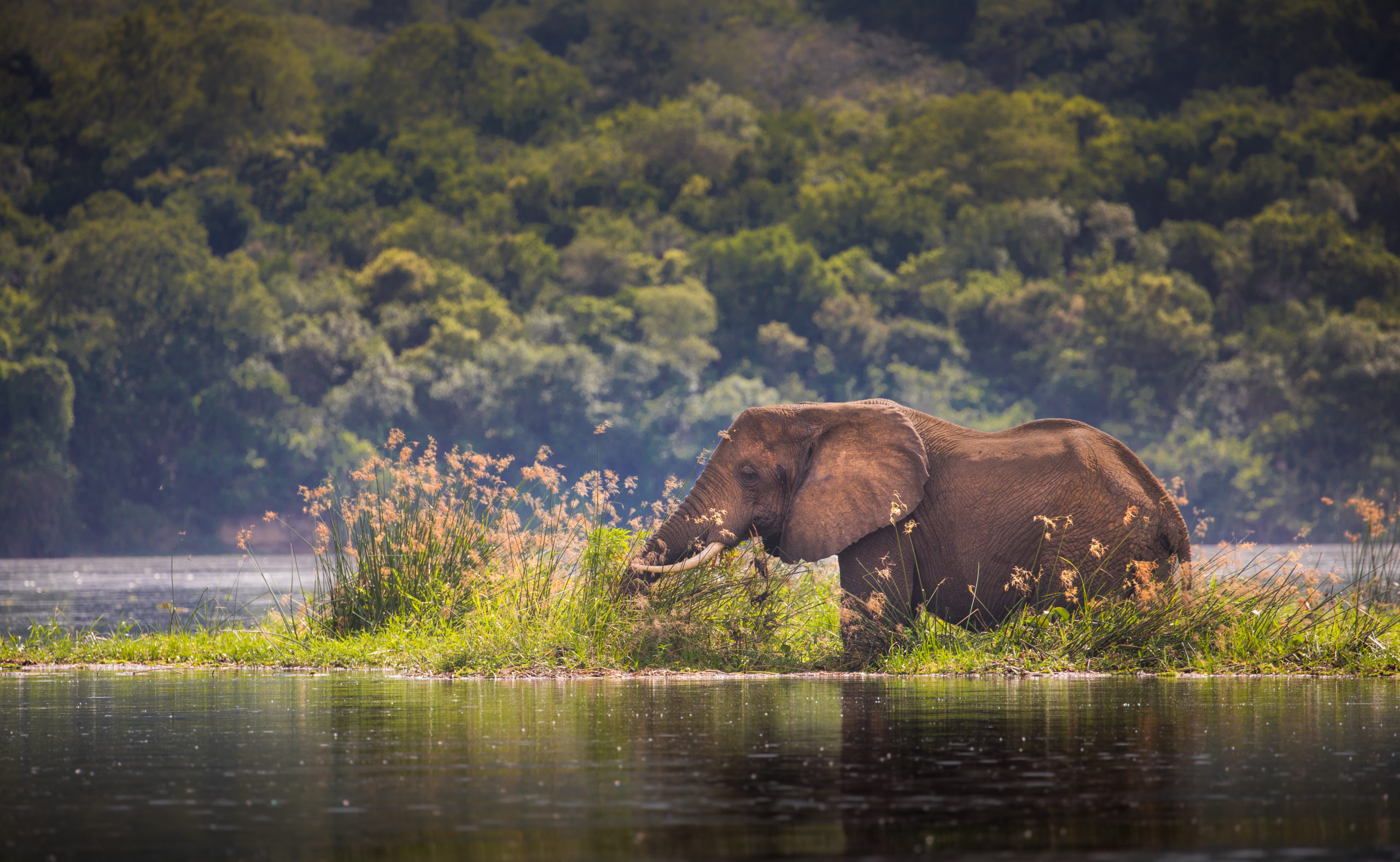

“Crop-raiding” occurs when elephants eat food crops planted by farmers for consumption or commercial sale. There are various and complex factors that lead to crop-raiding, such as land-use change (for example, people planting in areas formerly reserved as elephant habitat), scarcity of elephant food sources, or simply because elephants like the taste of rice, maize, and groundnuts.
Clashes over food resources are destructive for all involved. For people, often poor rural farmers in marginalized areas of Africa, crop-raiding leads to reduced yields– there is less food to feed their families or less income to pay for necessities such as healthcare or school fees. For elephants, it can lead to unfavorable attitudes amongst the people they share their ranges with. On both sides, these conflicts can lead to deaths.
Across elephant range countries that span two continents, people are working tirelessly to reduce the frequency and magnitude of elephant crop-raiding. Numerous mitigation methods have been devised and trialed, including using fences of beehives to chase away elephants, planting chili around farms (chili irritates elephants’ trunks), and flashing lights at night. In Uganda, a group of university students came up with their own idea: making a mixture of natural ingredients so smelly that it deters elephants.
The “smelly” elephant repellent is a combination of common ingredients grown across most of Africa and Asia, including chili, garlic, and ginger, that create a potent stinky liquid. This liquid repellent is distributed on or around crops in such a way that the smell permeates the air when elephants (or humans) approach. Farmers have witnessed first-hand elephants approaching their crops, only to stop in their tracks and turn back when they detect the stench of the repellent.
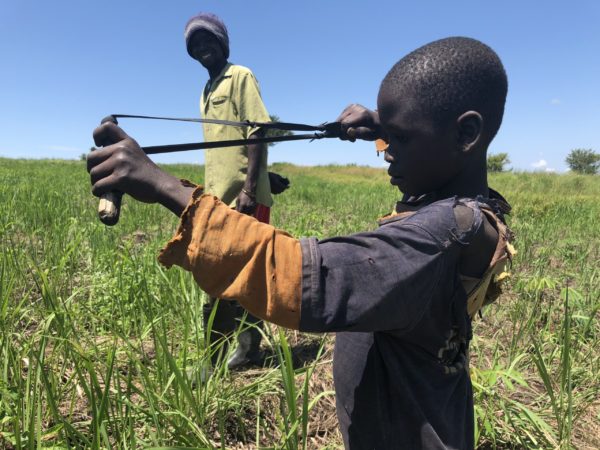

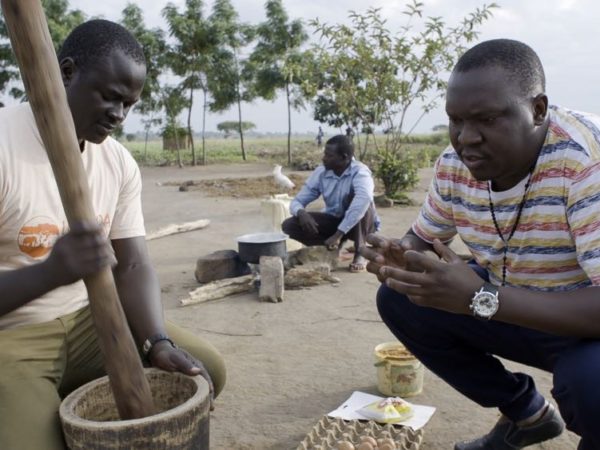

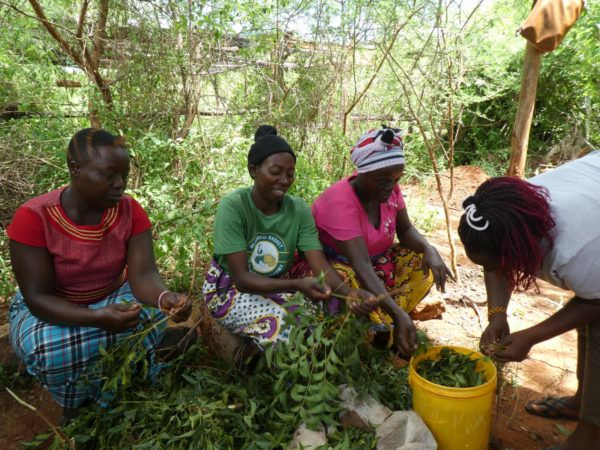

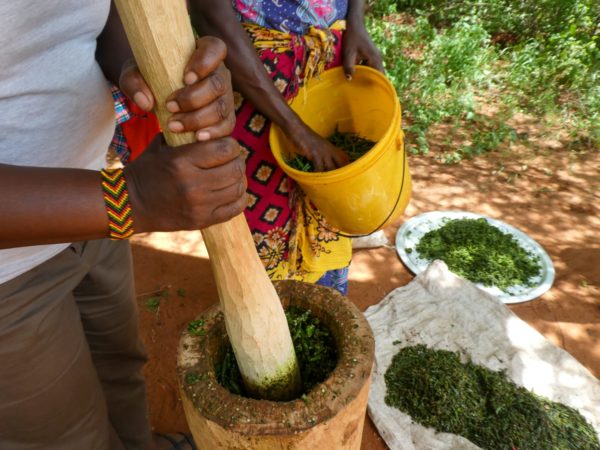

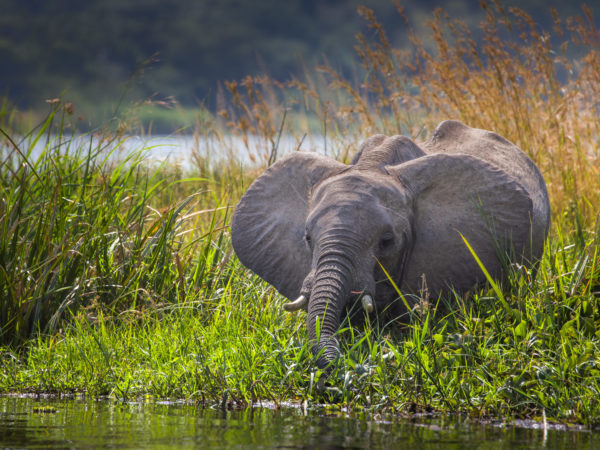

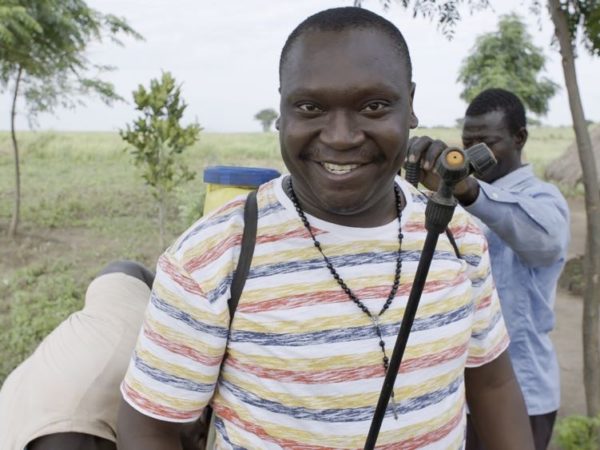



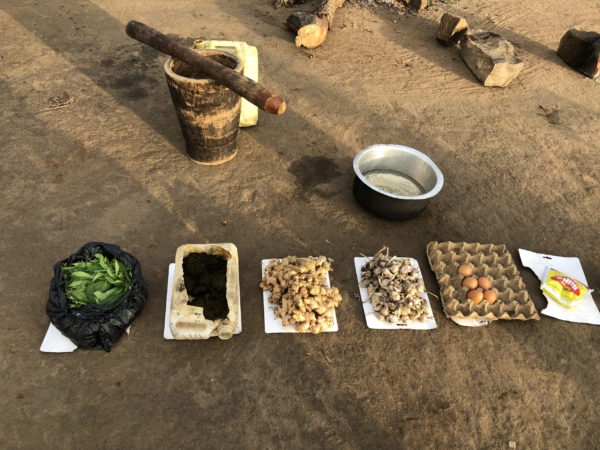

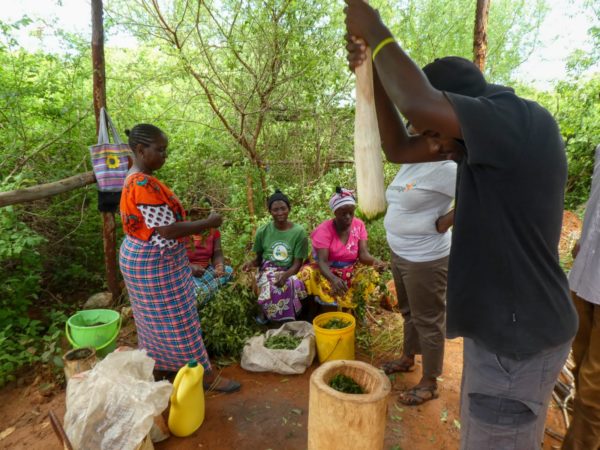

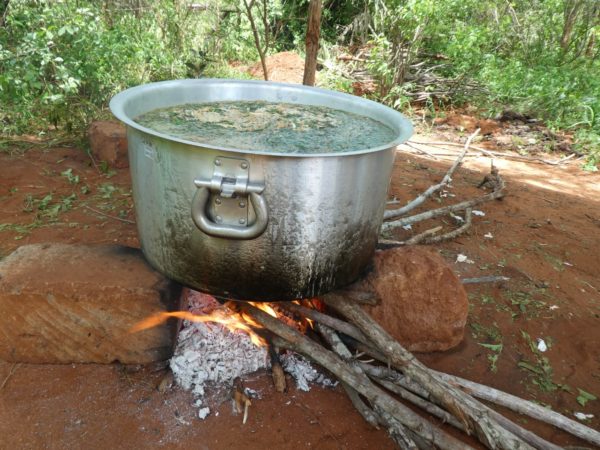

Our WildAid team in Uganda has been collaborating with communities affected by elephant crop-raiding to assess the repellent’s effectiveness. Working with a group of 30 farmers near Murchison Falls National Park, over the last two years, we have been collecting data before and after repellent use to measure changes to crop raid frequency, as well as the repellent’s impact on farmers’ livelihoods and tracked community attitudes towards elephant conservation through surveys.
Results so far are overwhelmingly positive – about 90% of crop raids have been prevented by using the smelly repellent, and local attitudes towards elephants are improving because growers now feel that they have a solution to crop raids. A small study conducted with Save the Elephants’ Elephants & Bees project in Kenya has also shown the repellent to be effective, and we currently have a pilot underway in Tanzania, implemented by the Southern Tanzania Elephant Project, that is yielding positive results. We will continue to collect data for a longer period in order to gauge the repellent’s long-term effectiveness, as elephants are intelligent creatures known for finding creative ways to circumvent barriers. With continued success, we will soon be scaling up the use of the smelly elephant repellent to benefit people and elephants across Africa, eventually expanding this effort into Asia.
To learn more, watch Ugandan comedian and WildAid ambassador Salvado learning about human-elephant conflict and how to make a batch of the “smelly” elephant repellent.
Stay in touch and get the latest WildAid updates.
SIGN UPAbout WildAid
WildAid is a non-profit organization with a mission to protect wildlife from illegal trade and other imminent threats. While most wildlife conservation groups focus on protecting animals from poaching, WildAid primarily works to reduce global consumption of wildlife products such as elephant ivory, rhino horn and shark fin soup. With an unrivaled portfolio of celebrity ambassadors and a global network of media partners, WildAid leverages more than $308 million in annual pro-bono media support with a simple message: When the Buying Stops, the Killing Can Too.
Journalists on deadline may email communications@wildaid.org


